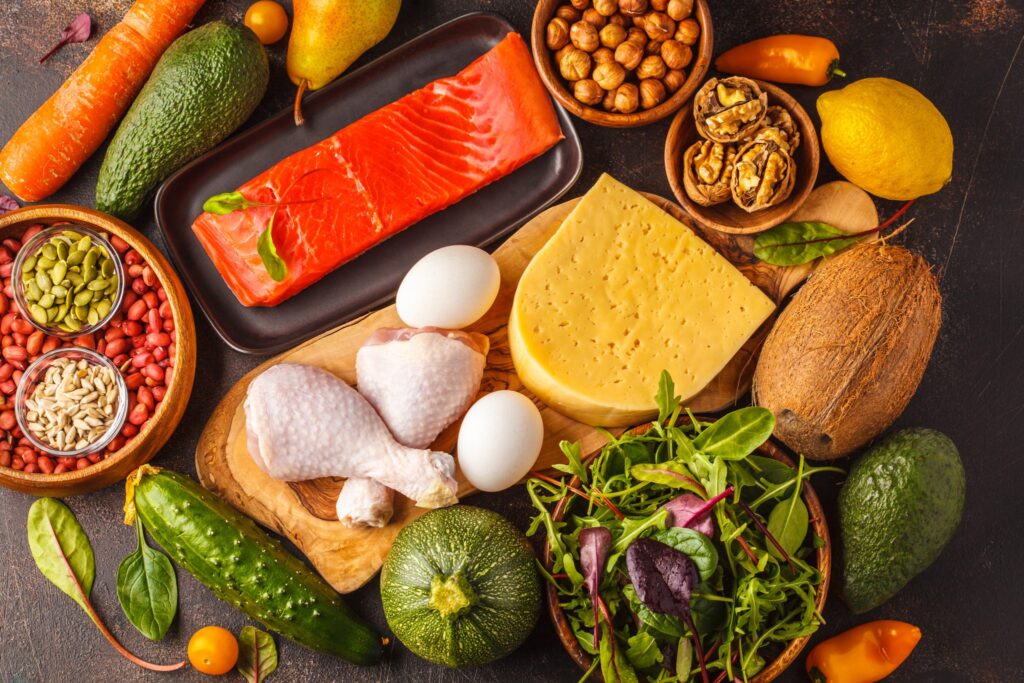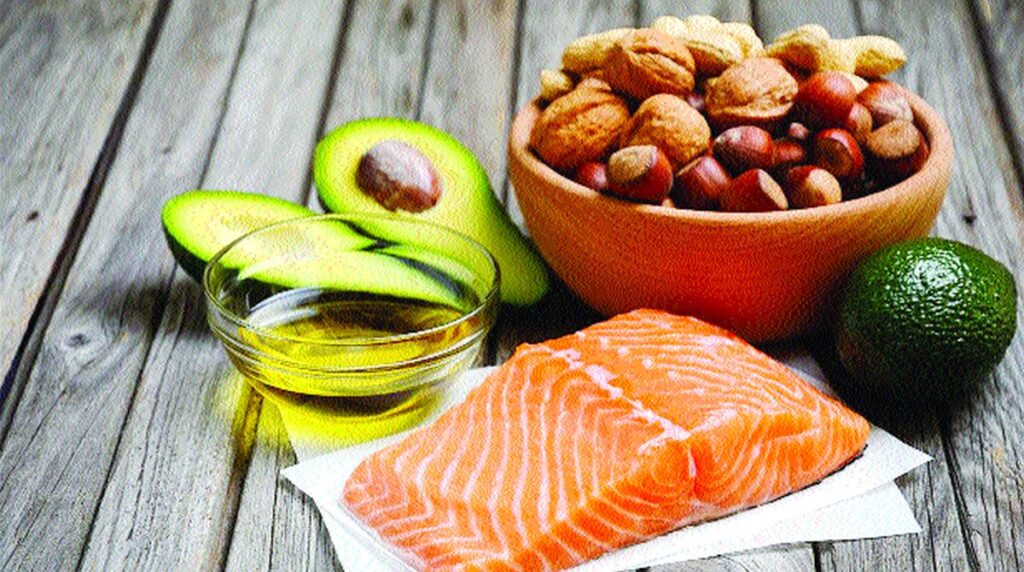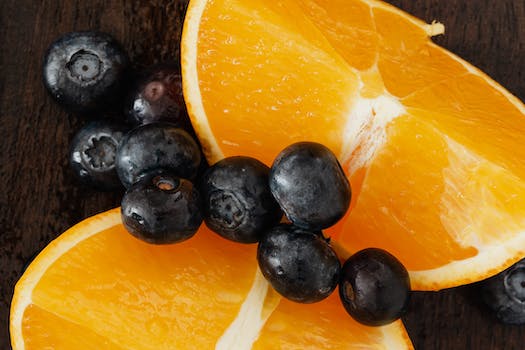Introduction: Understanding the Popularity of New Food Trends
In our blog today, we are diving into the world of popular food trends. It’s no secret that we are a society obsessed with what’s new and trending, especially when it comes to food. From avocado toasts to smoothie bowls, these trends often take the internet by storm, dominating social media feeds and restaurant menus. But have you ever wondered why these food trends become so popular? Or what potential risks they could carry? The popularity of new food trends often stems from their novelty, taste, aesthetic appeal, and perceived health benefits. However, as we will discuss in this blog, they can also hide potential dangers that consumers should be aware of.

The Influence of Social Media on Food Trends
Social media has become a massive influencer in setting food trends. Platforms like Instagram, Facebook, and Tik Tok have given rise to ‘foodie’ culture where vibrant, visually appealing dishes get thousands of likes and shares. This has a ripple effect, with people rushing to try these viral foods, and restaurants altering their menus to include them. However, the danger lies in the fact that these trends often prioritize appearance over nutrition. Many popular food trends, such as rainbow bagels or Uunicorn Frappuccinos, are loaded with sugars, artificial colours, and lack substantial nutritional value. Therefore, it’s crucial to not let the hype dictate our dietary choices and to focus on maintaining a balanced diet.

The Keto Diet: Potential Risks and Drawbacks
The Keto Diet, while popular for its quick results, carries potential risks and drawbacks. This diet involves significantly reducing carbohydrate intake, forcing your body into a state called ketosis where it burns fat for fuel. While this can lead to rapid weight loss, it can also cause unpleasant side effects like bad breath, constipation, nutrient deficiencies and an increased risk of heart disease. Moreover, it’s difficult to sustain in the long run. Many people find it hard to stick to such a restrictive diet and tend to regain the weight once they resume their normal eating habits. So, while the Keto diet might seem appealing, it’s crucial to consider these potential pitfalls before diving in.

The Veganism Trend: Hidden Nutritional Deficiencies
The veganism trend, while promoting numerous health benefits, also carries a risk of hidden nutritional deficiencies. Vegans eliminate all animal products from their diet, which can make it challenging to get adequate amounts of certain nutrients such as Vitamin B12, iron, calcium, and Omega-3 fatty acids. These nutrients are crucial for our overall health, playing key roles in everything from brain function to bone health. Therefore, while choosing a vegan lifestyle can be beneficial in many ways, it’s essential to plan your diet carefully to ensure you’re getting all the necessary nutrients. If not, you may face health issues down the line.

Raw Food Diet: The Risk of Foodborne Illnesses
The raw food diet, a popular trend in the health and wellness community, involves consuming mostly or entirely unprocessed and uncooked foods. However, this diet can increase the risk of foodborne illnesses. Raw and undercooked foods can harbour harmful bacteria, viruses, and parasites, which are usually killed during cooking. Consuming raw food, particularly animal products like meat, poultry, seafood, and eggs, can expose you to pathogens like Salmonella, E. coli, and Listeria. Even raw fruits and vegetables can carry these risks if not properly washed. So, while the raw food diet may offer some health benefits, it’s essential to be aware of the potential dangers to ensure safe consumption.
The Gluten-Free Trend: Unnecessary for Non-Celiacs?
The gluten-free trend has been gaining momentum, but is it necessary for non-celiacs? Many people are opting for a gluten-free diet, believing it to be healthier. However, unless you have celiac disease or a gluten sensitivity, there may be no real benefit to cutting out gluten. In fact, a gluten-free diet can sometimes lack essential nutrients, as many gluten-free products are not fortified with vitamins and minerals. Furthermore, gluten-free foods often contain more sugar and fat to compensate for the lack of gluten. Therefore, it’s essential to be mindful of these factors when considering a gluten-free diet.

Juicing and Detox Diets: The Danger of Nutrient Deprivation
Juicing and detox diets have become popular food trends, promising quick weight loss and a clean start for your body. However, these diets can lead to nutrient deprivation, posing serious health risks. When you juice fruits and vegetables, you lose the essential fibre and some vitamins that whole fruits and vegetables provide. Similarly, detox diets, which often involve fasting or consuming only liquids, can deprive your body of necessary proteins and fats. In the long run, these diets can lead to fatigue, vitamin deficiencies, and other health problems. Instead of falling for these fads, it’s better to maintain a balanced diet including all food groups.

High-Protein, Low-Carb Diets: Potential Impact on Kidney Health
High-protein, low-carb diets are all the rage these days, promising quick weight loss and muscle gain. However, it’s essential to consider their potential impact on kidney health. Consuming a high amount of protein can put a strain on the kidneys, which filter waste out of the blood. Over time, this strain can lead to kidney damage or even kidney disease, particularly in those who already have kidney problems. So, while these diets are popular, it’s crucial to be aware of the hidden dangers and discuss any drastic dietary changes with your doctor first.

The Trend of Elimination Diets: The Risk of Missing Vital Nutrients
Elimination diets are a growing trend where people remove certain food groups from their diet, often with the goal of identifying food allergies or sensitivities. However, these diets come with risks. When we eliminate whole food groups, like dairy or grains, we might miss out on essential nutrients our bodies need to function properly. For instance, excluding dairy can lead to calcium deficiency, and avoiding grains can result in a lack of fibre. While these diets might seem beneficial in the short term, they can potentially lead to nutritional deficiencies if not properly managed. Therefore, it’s crucial to approach such diets with caution and ideally, under professional guidance.
Conclusion: Finding a Balanced Approach to Food Trends
In conclusion, while it’s exciting to explore and experiment with popular food trends, it’s crucial to maintain a balanced approach towards them. Not all trends are suitable for everyone, and some can even pose health risks if followed blindly. Always consider your personal dietary needs, consult a nutritionist if needed, and remember that moderation is key. It’s okay to indulge in these food trends occasionally, but they shouldn’t replace a healthy, balanced diet. By being informed and mindful, we can enjoy these trends without compromising our health.


